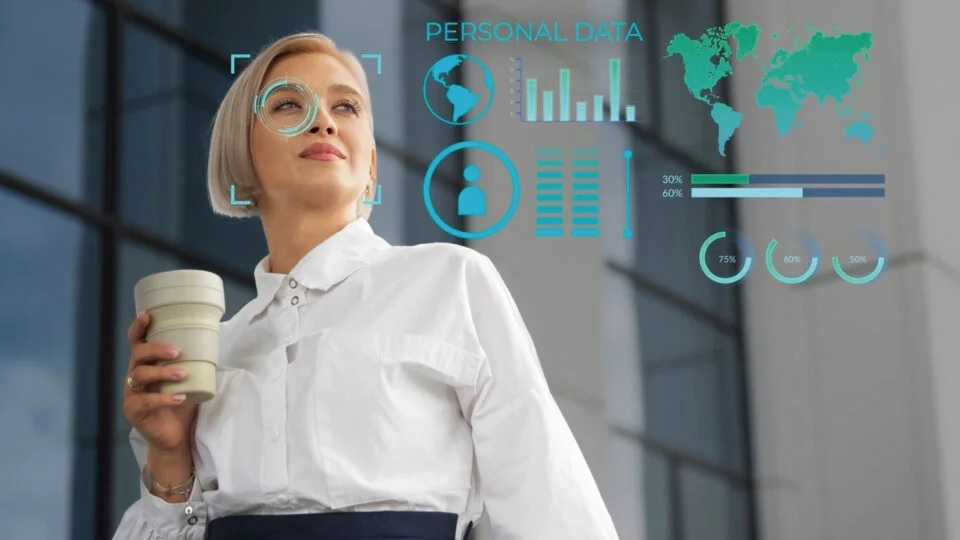Generative AI technology like ChatGPT has brought the world one step closer to the futuristic society envisioned by forward-thinking science fiction writers. But will this future be a utopian or dystopian one? Time will tell. In the meantime, businesses must understand and leverage AI’s burgeoning influence over the zeitgeist to build favorable public sentiment about their brand’s reputation. It has become a make-it-or-break-it moment for corporations in the battle against the spread of AI-led misinformation.
AI Angst
Opinions run hot, cold, and everywhere in between when it comes to AI’s possibilities and ramifications. A recent survey by the Pew Research Center found that 52% of Americans are expressing greater concern rather than excitement regarding the increasing dependence on AI. This sentiment has risen by 14% since 2022. The current era represents a Cognitive Industrial Revolution teeming with potential, including AI’s provocative ability to sway public opinion.
Businesses and their communication teams must fortify their message with an if-you-can’t-beat-them, join-them approach, leveraging AI’s influence over public opinion and using that to their advantage. By being open and transparent, companies can direct the narrative and strengthen their brand’s image by becoming thought leaders in their industry—with more communication, not less.
Better Communication Through Thought Leadership
Businesses are urged to become thought leaders, effectively communicating their brand message through credible third-party channels such as the media and influencers. The influencer marketing sector is booming and is expected to reach a value of $24 billion by year-end. AI is being embraced by 63% of companies for campaign executions, with 55% utilizing it to pinpoint influencers. Moreover, 33% of the total market capitalization of the S&P 500, attributed to goodwill, is impacted by public relations (PR) strategies and tactics. Brands must proactively shape and manage their narratives to influence their target audiences. Failure to do so relinquishes control of these narratives to others—rendering marketing, and sales, less effective.
However, implementing this shift necessitates moving away from stale approaches in public relations and public perception. Traditional methods in these areas have been neglected, with only a minority understanding the strategic guiding of public opinion. As AI-generated content becomes more prevalent, the importance of compelling storytelling at the beginning of the customer journey or at the start or top of the PR>Marketing>Sales funnel cannot be overstated.
Mastering the Codified Body of Knowledge of Public Opinion
Companies benefit from becoming better acquainted with the established principles and empirical data that mold public perception. Delving into case studies, contemporary theories, rules of engagement, and the evolution of public relations offers valuable insights into the intricate dynamics that shape public opinion. Armed with this knowledge, organizations can develop strategies, and tailor messages that strike a chord with audiences, enhancing the prospects of broader acceptance and dissemination.
To Know More, Read Full Article @ https://ai-techpark.com/opportunities-in-the-cognitive-revolution/
Related Articles -
CIOs to Enhance the Customer Experience
Trending Categories - Mobile Fitness/Health Apps/ Fitness wearables





